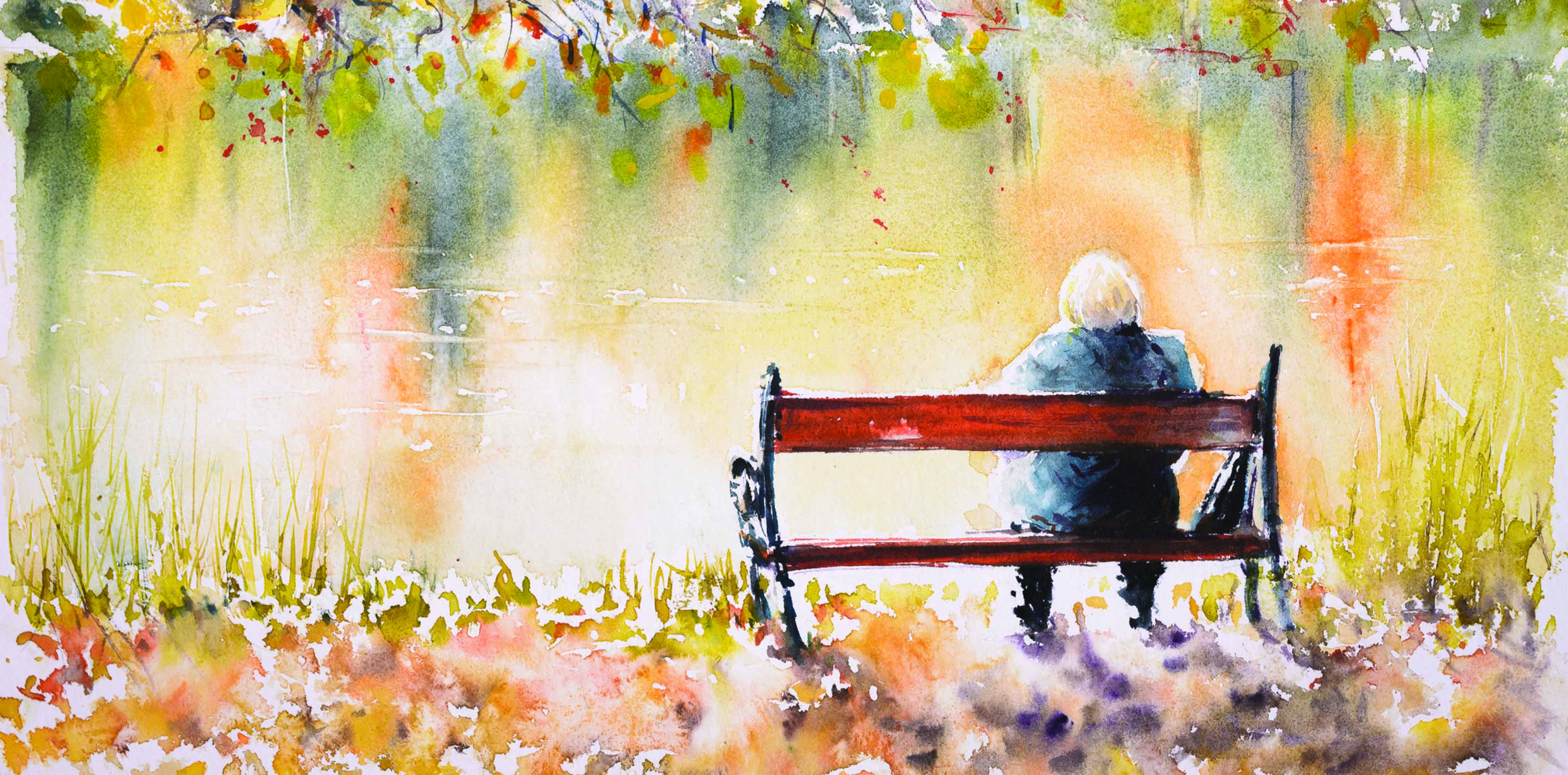We need to consider life as equally valuable at both ends of the spectrum. It is all life, after all
Marg* is 91. A pretty good 91, but still 91, which is a grand age in anyone’s books.
She lives at home with her husband, Bill* who is a similar age but, unlike Marg, Bill hasn’t fared so well mentally. Despite him remaining terribly polite and even charming, his dementia is now quite severe with absolutely no short-term memory at all.
Marg and Bill never had children and they now live supported by a number of services including regular carers, who now also transport them to the shops or appointments after I insisted Marg stopped driving a year ago.
They have been my patients for the past five years and I love them. It’s one of the great privileges of general practice to be part of our patients’ lives on an ongoing basis, but I find it somewhat heart-breaking watching particularly my elderly patients slowly and inevitably grow older and frailer, and so often lonelier.
Marg tells me in August, she and Bill will have been married 70 years. And even though she can’t hold the semblance of a reasonable conversation with him, she would never consider putting Bill in care. Aside from all the altruistic considerations, Marg says she could not afford it.
The reality is, even with access to a range of free services currently available through MyAgedCare, it’s still very expensive to be old in Australia. Just look at the cost of decent hearing aids, or intravitreal injections for macular degeneration, or dental care or private health insurance. And residential care options can be something else again in terms of upfront payment.
Marg and Bill both worked. They saved for their retirement – but when they retired 30 years ago they never expected to live quite so long. And who would have foreseen how expensive life would have become?
Recently Marg was admitted to hospital. The hospital (very kindly) admitted Bill as well as he couldn’t manage at home alone. That didn’t work out, His dementia saw him distressed in unfamiliar surroundings and away from Marg. He was discharged home to the 24-hour care of his two carers, at a cost to Marg of $2000 a day!
I have a whole tribe of elderly patients such as Marg and Bill (well to be truthful a whole tribe of Margs, as more often than not they are little old ladies living alone). And I worry for them.
I find them in cold houses because it’s too expensive to switch on the heating. Or putting up with an ulcerated gum from an ill-fitting denture because they can’t afford to see the dentist. Or risking broken bones by negotiating neglected garden paths or dodgy shower recesses because tradesmen are so expensive these days.
Added to this, is the burden of loneliness that seems be an increasingly familiar factor in the lives of today’s elderly. According to the Australian Bureau of Statistics, one in four older Australians live alone.1 One in four!
Of course, that’s usually not so bad when people are in their 70s – active, healthy and involved – but add age, maybe a hip or knee replacement, no licence, a walker and perhaps a lack of confidence and funds – and suddenly the person’s world becomes a whole lot smaller, and isolation replaces independence.
As a GP you see it happening. And even employing all the best practice principles in the world, our influence on this trajectory is limited. We can’t slow time. So what is the answer? Or indeed, are there any answers at all?
There are some encouraging signs. As horrific as the situation needed to be to warrant its instigation, the Aged Care Royal Commission is at least putting the issue in the spotlight. Standards of care for the elderly is currently an election issue, and most recently I heard the promise of subsidised dental care for older Australians.
All this is a good start, but given that it’s never been a popular, vote-catching topic before, you question its longevity. I mean there is no equivalent for the red nose day or pink ribbon day for the elderly is there? (I suppose we could have a wrinkly ribbon day – but it would never take off).
But even though directing funds to this sector is important, it’s not only about money. People like Marg and Bill are proud and guard their independence fiercely (you should have heard the protests when I said no to the licence).
What is needed, in my humble opinion, is a bit of shift of attitude. We need to consider caring for this section of the community as much on a par as we do when we channel resources into NICU or prenatal screening.
We need to consider life as equally valuable at both ends of the spectrum. It is all life.
We have chosen our paths – we have chosen a caring vocation. If we don’t advocate for society’s most vulnerable, who will? Marg and Bill have only us.
*Names have been changed
Reference:
- https://www.abs.gov.au/ausstats/abs@.nsf/Lookup/by%20Subject/2071.0~2016~Main%20Features~Ageing%20Population~14


